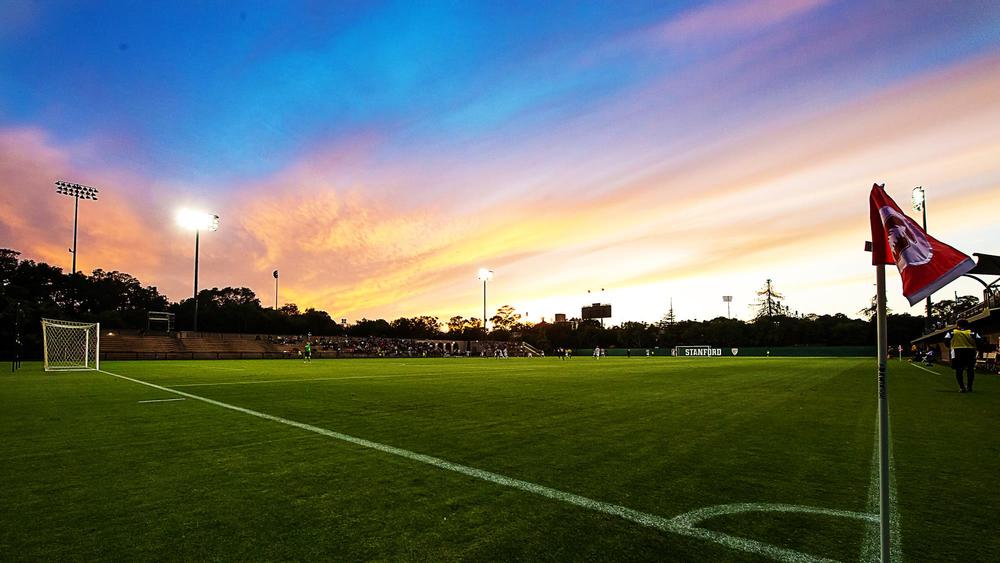|
When UCLA track and field athlete Shawn Toney found out the Bruins would be joining the Big Ten, he heard the same justifications as everyone else.
“Yeah, travel’s going to be a pain in the ass,” Toney was told. “It’s money. We’re getting money. Obviously it’s mostly because of the football program. But money for the football program is money for the athletic department — which trickles down to us.”
But many Olympic sports athletes, coaches, and advocates believe the tradeoff between revenue and travel won’t be worth it.
NIL has been touted as the potential death knell to college sports as we know them, but the conference realignment wave — driven by football television dollars — is a much bigger threat.
Since 2021, ESPN and Fox have bankrolled more than a dozen moves to the Big Ten, Big 12, SEC, and ACC. USC and UCLA could make up to $40 million extra in their new conference, while others like Oregon and Washington will make up to $10 million extra. Stanford and Cal are joining the ACC at a discount, but only because TV money killed their previous home of the Pac-12.
The enterprise is fueled by the revenue generated by predominantly Black football and basketball players, who will continue to generate most of the money funding Division I athletic departments’ predominantly white administrators and sports.
“You can’t understate the racial exploitation that’s going on here,” said Ramogi Huma, executive director of the National College Players Association. “I think in every discussion that should be included as a wakeup call and a reminder.”
On the day the Pac-12 disintegrated, athletes from Oregon to Arizona State tweeted their concerns about being ignored in the shakeup. Coaches, like UCLA’s Mick Cronin, whose pocketbooks will benefit from the extra revenue, have also criticized the changes. Two athletes Front Office Sports spoke with confirmed locker rooms are mixed on realignment.
On Thursday, the National College Players Association called for Congress to reverse realignment altogether — suggesting every sport besides football should be in a regionally based conference.
Even supporters acknowledged potential concerns caused by travel, from fatigue to frigid temperatures. Toney said the travel will make studying on the road difficult, and some professors refuse to allow athletes certain accommodations, like joining a class online.
“Conference realignment would have a negative impact on us overall,” Stanford women’s soccer player Nya Harrison said in a statement. “Taking midterms and finals on the road, having to make up two-to-three-hour labs, etc., is not sustainable. Conference realignment would result in worsening mental health of college athletes who will have less sleep due to more traveling and more makeup work.”
Additionally, families will have to spend extra money to see their kids play — or forgo travel altogether, NCPA executive director Ramogi Huma told FOS.
Administrators have attempted to minimize the problem, claiming many Olympic sports athletes will only have a couple of extra cross-country trips — and others will have none at all.
Multiple FBS conferences will rely on the help of a scheduling algorithm they hope will ease some of these issues, leading to some creative solutions. Schools could send teams to play multiple schools on one road trip — or meet at a school halfway between them. Others like UCLA have preached that their lucrative TV contracts will give them the ability to spend more on travel — making athletes’ journeys easier.
But so far, athletes said they haven’t received concrete answers on how their futures will be affected, or what accommodations they’ll receive to ease the burden.
“None of those ideas are adequate,” Huma said, adding schools could save millions by reverting Olympic sports to regions. “These teams will be flying over a number of regional schools they could have otherwise been playing.”
While discussions with lawmakers are in initial stages, there’s no guarantee that Congress will succeed in passing any proposed legislation to pump the brakes. “So far, we have not found any [Congressional] office that is in support of conference realignment,” Huma said.
|
